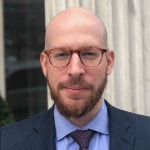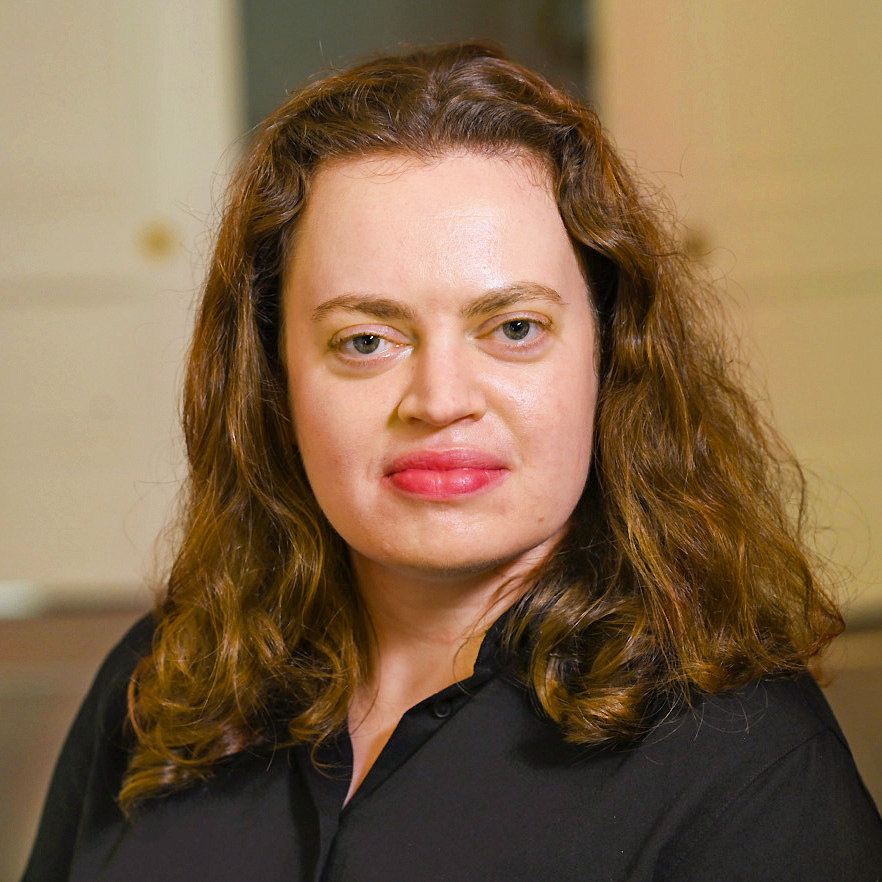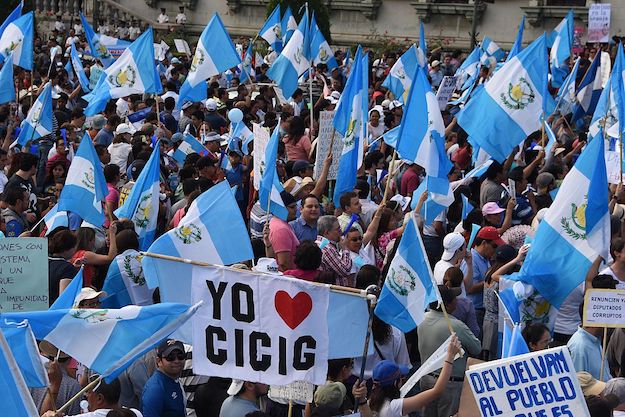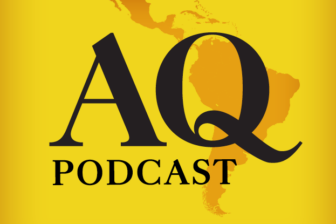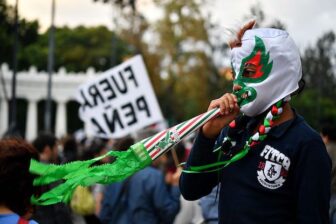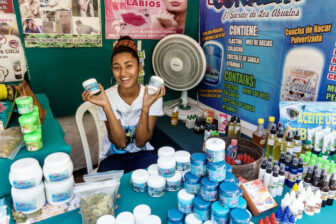This article is adapted from AQ’s special report on closing the gender gap.
At first sight, the Countering Russian and Other Overseas Kleptocracy Act – or CROOK Act – may not seem directly related to Latin America. But the U.S. bill could have quite an impact on Washington’s involvement with anti-corruption in the hemisphere.
Put simply, the CROOK Act creates a multi-million-dollar fund to support “anti-corruption reformers” anywhere in the world. The money would mostly come from the fines imposed on companies that violate the Foreign Corrupt Practices Act (FCPA). And the executive branch – particularly the State Department – would have wide discretionary powers to choose how, where and which entities, American or foreign, should get the funds. Latin America has been one of the key areas for the FCPA in recent years.
The CROOK Act was included in the House’s version of the National Defense Authorization Act, and may be incorporated to the act later this year. A standalone version of the legislation is also pending in the Senate Foreign Relations Committee.
The bill has bipartisan support and 17 cosponsors, but some of its details have yet to be determined. One proposal is that companies fined $50 million or more under FCPA would have to contribute an additional $5 million to the new fund. Abigail Bellows, a former State Department official who has been advising Congress and helping draft the bill, calculates that this formula would initially secure $15 million annually for the “Anti-Corruption Action Fund.”
In the universe of U.S. foreign aid, it is not a large amount: the U.S. currently spends around $115 million annually on rule of law aid overseas. However, the existing resources are rigidly earmarked and spread across different agencies and areas of the world. Bellows argues that the CROOK Act would provide a vital source of discretionary and “flexible money,” deployed to help “reformers when political transitions create a window of opportunity to improve the rule of law.” Moreover, with more money from FCPA cases and other sources, the fund could expand.
But what would that mean in practice for Latin America?
Venezuela would likely be a priority. Washington could allocate money to organizations and individuals investigating grand corruption or collecting data to reduce the Nicolás Maduro regime’s opacity. It could also provide more resources to the efforts by the Juan Guaidó interim government to seize assets stolen outside Venezuela.
Bellows mentions another example: Guatemala in 2015, when an anti-corruption spring led to the jailing of then-President Otto Pérez Molina and other powerful figures. The push ultimately failed amid a backlash from the political and business establishment. Bellows argues that a special anti-corruption fund could have provided the U.S. additional tools to support Guatemalans fighting systemic corruption five years ago.
But Guatemala also shows how politics could quickly make this type of U.S. anti-corruption aid very controversial. Following the election of Donald Trump, Washington changed its position on Guatemala, turning a blind eye to then-President Jimmy Morales’ war on anti-corruption reformers, and providing him diplomatic cover to terminate the UN-backed Commission Against Impunity in Guatemala (CICIG). Anti-corruption leaders were persecuted and sometimes chased out of the country by a government that, according to Trump, had “tremendous relations” with Washington.
Similar questions would apply to Honduras. According to U.S. federal prosecutors, Honduran President Juan Orlando Hernández – a Trump ally – maintained links with cartels, at one point allegedly receiving $1 million from Joaquín “El Chapo” Guzmán (Hernández denies all charges).
As a kleptocratic dictatorship, Venezuela is an extreme case, where the challenges to the rule of law and to U.S. foreign policy goals are much clearer and more aligned than elsewhere in the region. In other corners of Latin America, U.S. diplomacy and law enforcement agencies sometimes have different – if not opposing – objectives.
The CROOK Act determines that the fund should prioritize “countries that are strategic to the U.S. national interest,” tacitly recognizing that realpolitik considerations should take precedence. The anti-corruption aid would be, by design, politically selective.
Beyond good intentions
Another critical question is whether more money coming directly from the U.S. would indeed empower anti-corruption reformers in Latin America over the long run.
The targets of anti-corruption campaigns in places like Brazil or Argentina have long portrayed them as Washington-based machinations to subjugate countries through “lawfare” – a conspiracy theory that still holds considerable political appeal. This myth shouldn’t overshadow the legitimate debate around excessive U.S. involvement with local law enforcement and other stakeholders in anti-corruption.
In Brazil, for instance, reports that the FBI and the Lava Jato Task Force established collaboration channels circumventing the justice ministry – which is illegal under Brazilian law – helped undermine the reputation of federal prosecutors in the legal community and beyond.
Depending on the political conditions, a heavy U.S. hand in direct support of anti-corruption leaders – in government, civil society and elsewhere – could in the end be counterproductive and detrimental to the rule of law.
The CROOK Act correctly assumes that more resources are crucial to advance anti-corruption in developing democracies, such as Latin America’s. But regardless of good intentions, Washington will remain a bull in the Latin American anti-corruption china shop.
One idea to mitigate risks is using resources in the new fund to boost rule of law initiatives at the IDB, World Bank, UN and other multilaterals. These institutions are playing an increasingly important role in anti-corruption across Latin America – from helping countries develop strong procurement and contracting systems to making private borrowers take compliance seriously.
CICIG, Lava Jato and other cases in the region show that foreign aid and international collaboration against corruption are intensely affected by politics in different capitals, conflicting national interests and public perceptions. Increased money could be welcome news, but it will likely make this dynamic even more complex.
__
Simon was the politics editor at AQ and headed the AS/COA Anti-Corruption Working Group (AWG). Sweigart is an AQ editor and researcher for the AWG.


